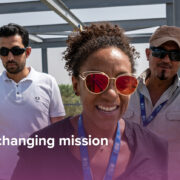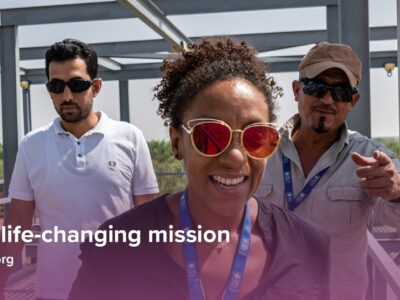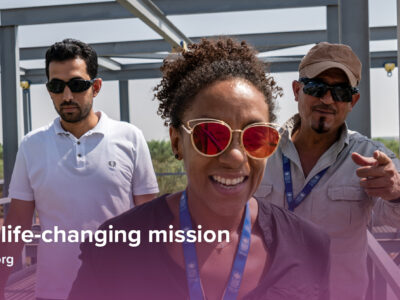UN Women, grounded in the vision of equality enshrined in the Charter of the United Nations, works for the elimination of discrimination against women and girls; the empowerment of women; and the achievement of equality between women and men as partners and beneficiaries of development, human rights, humanitarian action and peace and security.
Placing women’s rights at the center of all its efforts, the UN Women will lead and coordinate United Nations system efforts to ensure that commitments on gender equality and gender mainstreaming translate into action throughout the world. It will provide strong and coherent leadership in support of Member States’ priorities and efforts, building effective partnerships with civil society and other relevant actors. UN Women supports improved UN coordination and accountability mechanisms, and up-scaling of the quality of support provided to Member States in addressing national gender equality priorities. UN Women’s coordination work is supported at the regional level by its Regional Offices – working with the UN Development Group (UNDG) Regional Groups and the Regional Coordination Mechanisms. At the country level UN Women supports and works within UN Country Teams (UNCT).
The UN Sustainable Development Cooperation Framework (UNSDCF) previously known as the UN Development Assistance Frameworks (UNDAF) is the most important instrument for planning and implementation of the UN development activities at country level in support of the implementation of the 2030 Agenda for Sustainable Development (2030 Agenda). The Cooperation Framework determines and reflects the UN development system’s contributions in the country. The new Strategic Note guidance for multi and country offices, calls for alignment with the Cooperation Framework in country. Ensuring UN Women’s gender equality mandate is fully reflected in the UNSDCF is critical. UN Women also supports UN Country Teams to address gender in the UNSDCF as part of its coordination mandate. The Common Country Analysis is the UN system’s independent, impartial and collective assessment and ???analysis of a country situation for its internal use in developing the Cooperation Framework. It examines progress, gaps, opportunities and country’s commitment to achieving the 2030 Agenda, UN norms and standards, and the principles of the UN Charter, including as reflected in the Cooperation Framework Guiding Principles.? It is an important opportunity to engage with relevant stakeholders on was the CF can address complex issues, including gender inequality and exclusion. Supporting the integration of gender equality issues in the CCA is an important step towards developing a gender responsive Cooperation Framework.
Objectives of the assignment:
The objectives of this consultancy are two-fold: the first is to carry out a gender analysis of the UNSDCFs or UNDAFs of the countries where UN Women has a presence. The second is to identify together with UN Women, good practices and entry points for integrating gender equality more extensively in the development, implementation and monitoring of UNSDCFs.










Comments